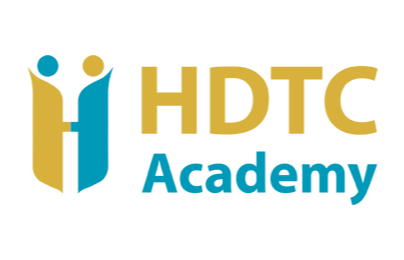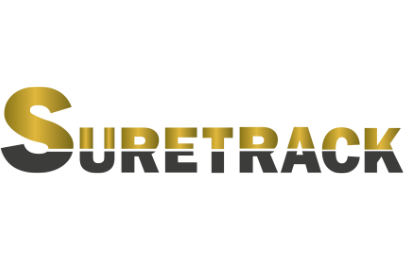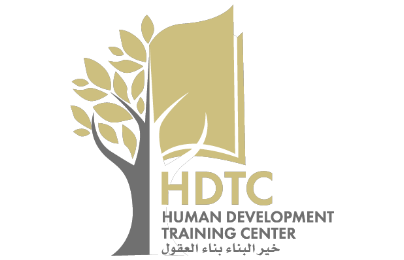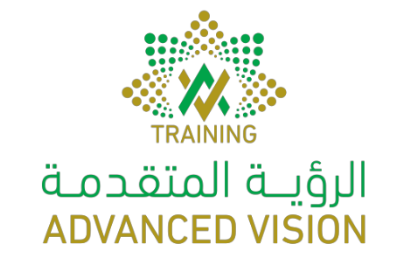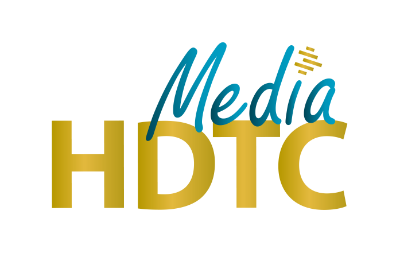
The Complete Course on Management and Leadership - دبي 03 نوفمبر 2024
: 770اهداف الدورة:
Training Objectives and Goals:
- Provide proven methods and cutting-edge techniques for taking managerial performance to a higher level.
- Enhance skills and abilities which can be put to immediate use in the workplace.
- Articulate an understanding of the role of management and leadership in one's business.
- Identify best management and leadership practices and principles.
- Understand management and leadership and its role in the development of successful organizations.
- Develop skill in management principles of dealing with workplace conflict, coping with risk and risk avoidance, leading motivated teams and effective problem solving.
- Develop skill in leadership principles of change, organizational excellence, communications, empowerment and interpersonal relationships.
- Develop strategies for creating a positive work environment that fosters leadership and a commitment to continuous improvement in others.
- Learn how to create rapport, build trust and establish credibility.
- Recognize the need and value of diversity among members of a work group.
- Develop leadership and management techniques to deal with organizational change.
المحاور العلمية:
Detailed Training Content:
Day 1:
The Foundation of Management:
Understanding what courage really is:
- Having the courage to know yourself.
- Choosing the right management style.
- Putting yourself on the line-taking responsibility.
- Overcoming limiting thoughts and behaviors.
- Having the courage to turn your ideas into action.
Dealing with Workplace Conflict:
- Defining organizational conflict.
- Understanding the causes of conflict.
- Dealing with different learning styles.
- Managing conflict effectively.
- Obtaining the benefits of productive disagreement.
Day 2:
Managing Organizational Improvement:
- Focusing on continuous improvement.
- The role of organizational culture.
- Overcoming resistance to change.
- Coping with risk and risk avoidance.
- Measuring the success of improvement efforts.
Leading Motivated Teams:
- Characteristics of effective teams.
- Characteristics of ineffective teams.
- Managing the factors affecting team performance.
- Supporting team development.
- Understanding team member styles.
- Enhancing team member competencies.
Day 3:
Effective Problem Solving:
- Balancing analytical and creative thinking.
- Effective use of mind mapping.
- Capturing the power of brainstorming.
- Breaking the ten mental locks.
- The four roles of the problem-solving process.
- Treating problems as challenges.
Leadership Roles in our Dynamic, Changing Work Culture:
Day 4:
Leadership in Organizational Excellence:
- The role that organization type plays in leadership development.
- Developing a culture of organizational excellence in our work environments.
- Questioning the status quo of productive organizations.
- Leaders modelling the way through personal execution.
- Developing a concept of leadership excellence and customer focus.
Open Communication as a Key Leadership Principle:
- Importance of leadership and communication methods
- Interpersonal, open communication is two-way.
- Understanding how interpersonal communication preferences differ.
- Communicating empowerment techniques in leadership.
- Leaders need to develop an active listening communication style.
- Communication and interaction openness develop trust.
Day 5:
Leadership Resulting from Trusting Interpersonal Relationships:
- Successful interpersonal interaction develops leaders with trust.
- Characteristics of a leader's interpersonal interaction.
- Identification of the personal interaction style.
- Individual strengths and challenges of each interpersonal styles.
- Understanding how people work better together using diverse interaction styles.
- Leadership is establishing trust in interpersonal relationships.
Developing an Environment of Innovation and Dealing with Reactions to Change:
- Understanding the leadership benefits of an environment of innovation and improvement.
- Leadership in developing a personal change plan.
- Understanding problems inherent with change.
- Leading others through critical change initiatives.
- Preparing other people for leadership.


